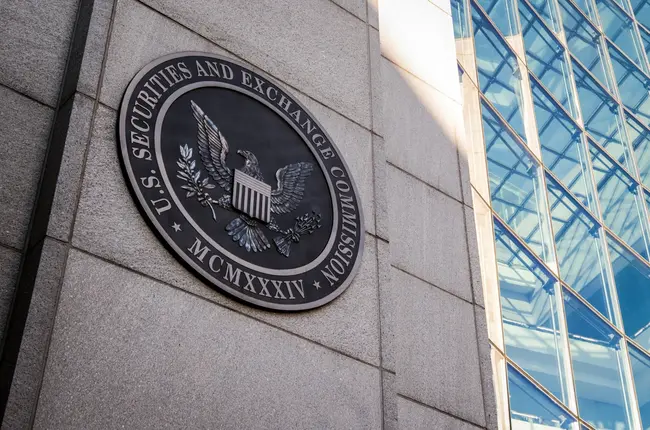Highlights:
- Supreme Court’s ruling mandates jury trials for SEC fraud cases, altering enforcement strategy.
- The decision challenges federal agencies’ use of administrative law judges.
- Justice Sotomayor’s dissent warns of disrupting the balance of power in governance.
The U.S. Supreme Court has significantly restricted the Securities and Exchange Commission’s (SEC) ability to use in-house judges in fraud enforcement actions. The ruling, favoring jury trials over internal administrative proceedings, could profoundly affect the regulatory landscape and the future of securities law enforcement.
JUST IN: 🇺🇸 US Supreme Court restricts SEC’s use of in-house judges for fraud cases.
— Watcher.Guru (@WatcherGuru) June 27, 2024
Divided Court Decides
On Thursday, a sharply divided Supreme Court declared that the SEC’s handling of securities fraud cases through internal tribunals violates the Seventh Amendment, which guarantees the right to a jury trial. The 6-3 decision, articulated by Chief Justice John Roberts, underscores a critical shift in how regulatory powers are executed within federal agencies.
Roberts’ opinion emphasizes that merging the roles of prosecutor, judge, and jury within a single branch contradicts the Constitution’s intended separation of powers. This ruling responded to a challenge led by hedge fund manager George Jarkesy, who, alongside his firm Patriot28 LLC, was previously penalized by an SEC in-house judge.
Effects on Regulatory Enforcement
The effects of this decision are far-reaching. The Supreme Court’s requirement to try cases like Jarkesy’s in federal court may slow regulatory enforcement. This shift likely adds to existing case backlogs. Consequently, it could quickly reduce the SEC’s capacity to penalize and deter fraud in securities.
Moreover, the decision leaves the SEC, known for its rigorous enforcement of securities laws, to recalibrate its strategy. The agency has reduced its reliance on administrative law judges. However, the ruling mandates a further shift towards federal court proceedings. These courts lack certain regulatory tools available to the SEC. For instance, barring convicted individuals from the securities industry.
Continued Debate and Dissent
Justice Sonia Sotomayor, writing for the dissent, labeled the majority’s decision a “power grab” that disrupts long-standing precedents and practical governance, noting that such regulatory mechanisms were historically established by Congress. Sotomayor’s stern dissent highlights the ongoing debate over the balance between effective governance and constitutional protections.
The ruling directly impacts the SEC. Additionally, its effects could spread to other federal agencies that use administrative law judges to enforce regulations in sectors like labor, mine safety, and energy. The Supreme Court’s decision reflects a broader scrutiny of federal agency powers. These powers have faced significant challenges in recent years.
Head of SEC’s Crypto Asset and Cyber Unit Steps Down
Recently, David Hirsch, the head of the SEC’s Crypto Asset and Cyber Unit, resigned after nearly nine years of service. His tenure marked significant enforcement actions and complex investigations in the crypto space. Hirsch’s departure was announced via a LinkedIn post, where he expressed pride in his team’s accomplishments.
Under his leadership, the unit took major action against crypto fraud and cybercrime. Hirsch plans to take a break before revealing his future career plans. His resignation leaves a notable vacancy at the SEC, highlighting the importance of his role in regulating the crypto industry.
Learn More
- Ethereum Price Shows Resilience As Standard Chartered Predicts ETH’s Price To $8,000 By The End of 2024
- DePIN Crypto Projects to Watch In 2024 – Top 10 DePIN Coins
- Best Metaverse Coins to Invest – Next Metaverse Coins






